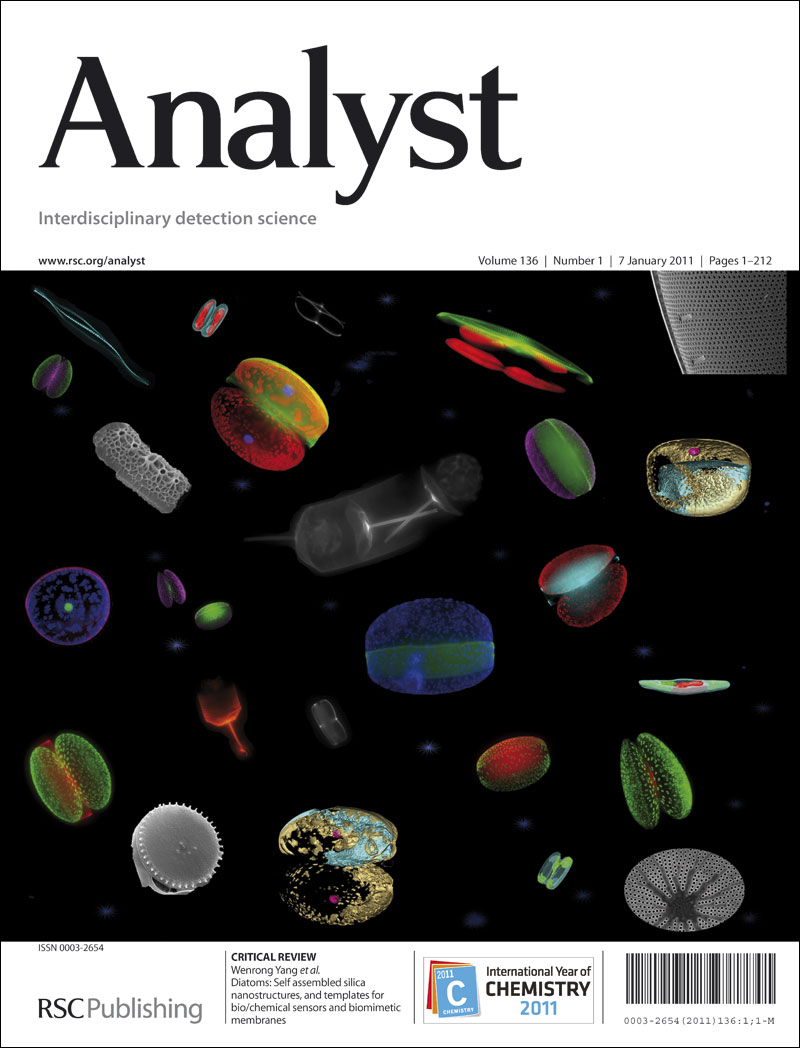Portable and Rapid Solid Sample Preparation System Utilizing Twin-Screw Mechanism for Diagnostic Applications
IF 3.6
3区 化学
Q2 CHEMISTRY, ANALYTICAL
引用次数: 0
Abstract
Solid specimens play a crucial role in diagnostic and analytical testing, yet their integration into in vitro diagnostics (IVD) is often limited by lenthy processing times and bulky sample preparation equipment. In this study, we introduce a novel twin-screw mechanical maceration system that enables rapid, continuous, and efficient solid sample preparation within a compact portable platform. By utilizing counter-rotating twin screws, the system generates high shear forces, significantly reducing processing time while maintaining high sample recovery efficiency. We validated its versatility across diverse solid sample types, demonstrating efficient bacterial elution from plant tissues and single-cell dissociation of animal tissues. Our device achieved bacterial elution from plant samples in under 1 minute, which is 30 times faster than conventional stomaching, while maintaining a significantly smaller footprint. For animal tissue samples, it dissociated 5 g to 100 mg tissue chunks into single-cell suspensions within 1 min. Furthermore, we explored scalability with a miniaturized device fabricated using 3D printing, which retained comparable performance while reducing volume requirements, expediting processing time, and enabling manual operation without an external power source. This rapid, compact, adaptable, and highly efficient twin-screw system outperforms conventional solid sample processing techniques, making it a promising innovation for a wide range of biomedical applications, from point-of-care diagnostics to tissue biopsies, food hygiene, and agricultural monitoring.求助全文
约1分钟内获得全文
求助全文
来源期刊

Analyst
化学-分析化学
CiteScore
7.80
自引率
4.80%
发文量
636
审稿时长
1.9 months
期刊介绍:
"Analyst" journal is the home of premier fundamental discoveries, inventions and applications in the analytical and bioanalytical sciences.
 求助内容:
求助内容: 应助结果提醒方式:
应助结果提醒方式:


